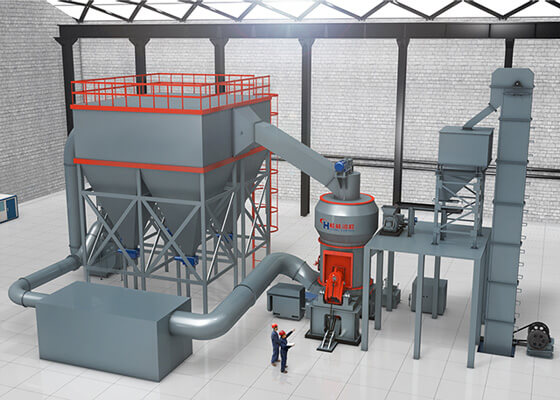
Bauxite is a kind of earthy mineral, the main component is alumina, white or whitish, yellow-brown or light red due to the iron content. Bauxite is generally formed by chemical weathering or exogenous action, there are few pure minerals and more or less a small amount of clay minerals, titanic minerals, titanium minerals and detrital heavy minerals. Bauxite hardness is 1-3, dull, brittle, insoluble in water, soluble in sulfuric acid and sodium hydroxide solution.

It is used in national defense, aviation, automobiles, electrical appliances, chemicals, daily necessities, etc.
Bauxite clinker is processed into a fine powder and then precision cast in a mold. It can be widely used in military, aerospace, communications, instrumentation, machinery and medical equipment.
High alumina bauxite clinker has refractoriness up to 1780℃, strong chemical stability and good physical properties, and is a high-quality refractory material.
It is used in steel, non-ferrous metallurgy, electronics, petroleum, chemical, aerospace, atomic energy, national defense and other industries. It has light weight, high temperature resistance, good thermal stability, low thermal conductivity, small heat capacity and mechanical vibration resistance and other advantages.
Using magnesia and bauxite clinker as raw material, adding suitable binders, it is very effective for pouring steel drums as a complete barrel lining.
Bauxite cement manufacturing, abrasive materials, ceramic industry and chemical industry can produce various aluminum compounds.


| Al2O3、SiO2、Fe2O3、TiO2、H2O+are main components | S、CaO、MgO、K2O、Na2O、CO2、MnO2 | Ga、Ge、Nb、Ta、TR、Co、Zr、V、P、Cr、Ni, etc. |
|---|---|---|
| above 95% | minor components | trace ingredients |
| Fineness | Fine Powder(80-400 mesh) | Ultrafine Powder(600-2000 mesh) |
|---|---|---|
| Model | Vertical mill or Raymond mill | |
The material is crushed by the crusher to the fineness that can enter the mill(15mm-50mm).
The crushed small pieces of material are sent to the storage hopper through the elevator,and then sent to the grinding chamber of the mill evenly and quantitatively through the feeder for grinding.
Through classification, the coarse powder will return to main mill to grind again.
The powder that meets the fineness enters the dust collector through the pipeline with the air flow for separation and collection, and the collected finished powder is sent to the finished product silo by the conveying device through the discharge port, and then is packaged uniformly.


